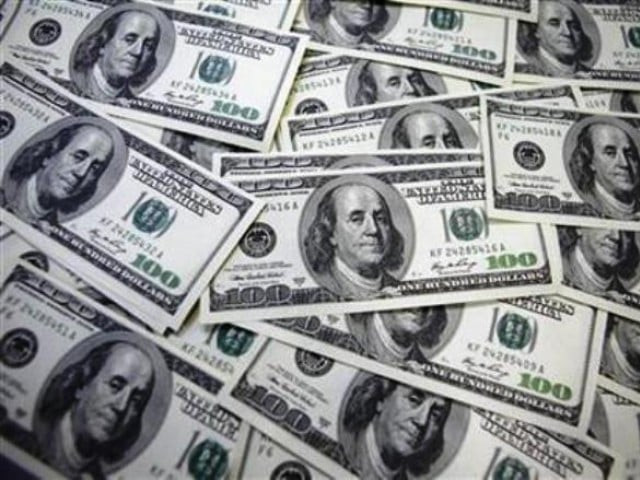Shortcut to trouble: Study reveals foreign loans deepening economic crisis
Analysis suggests assistance should be limited to project financing.

PRIME has published the findings at a time when the government is desperately looking for a $1-billion policy loan from the World Bank. STOCK IMAGE
As Pakistan seeks $1.4 billion in budgetary support before the close of the ongoing fiscal year, a study has revealed that the foreign programme loans for financial support have deepened the economic crisis, allowing the government to run high budget deficits without creating assets.
The study, “Debt Composition: Consequences for Economic Development”, has suggested that financial institutions like the World Bank (WB) and the Asian Development Bank (ADB) are part of the problems. Over a period, these institutions extended more loans for budgetary support, which allowed successive governments to meet external finances and fiscal assistance requirements but let the infrastructure gradually erode.
“The programme loans for budgetary support have deepened the economic crisis and must be minimised”, recommends the study jointly conducted by a renowned economist Dr Kasiser Bengali and Mehnaz Hafeez.
It further suggests that the country’s economic managers must learn “to kick the budgetary support addiction” and external creditors and donors must limit assistance to project funding. The programme loans enable the governments to run high budget deficit, which are covered up through external financing.
Policy Research Institute of Market Economy (PRIME) has published the findings at a time when the government is desperately looking for $1 billion policy loan from the WB in the name of energy and taxation reforms and $400 million by the ADB for energy reforms.
The government wants to get these programme loans approved before the close of the current fiscal year aimed at meeting the targets of Net International Reserves and reduction in domestic budgetary borrowings, set by the International Monetary Fund.
Exactly a year ago, the WB and the ADB had also approved $1.4 billion for energy and taxation reforms. The ADB had given $400 million while the WB had sanctioned $1 billion loans. However, neither the tangible assets were created nor the government could introduce reforms in the power and taxation areas.
Until the end of the last fiscal year, the WB and the ADB had extended $50.7 billion loans and out that $27.9 billion or 55% were for budgetary support. The study reveals that the amounts received as budgetary support were used to finance current expenditures. This is evident from the fact that the share of development expenditures in total expenditures declines from 44% in 1970 and 1980s to below 20% in fiscal year 2014-15.
The study finds that over a period, the external financing as percentage of total revenue receipts has significantly risen. Due to heavy reliance on foreign lenders, almost a quarter of the budget is funded by obtaining foreign loans.
Over the period, the WB has provided $26.6 billion loans and out of it $16.3 billion or 61% were programme loans. Similarly, the ADB gave $24.1 billion including $11.6 billion or 48% in budgetary support.
Until 1989, both lenders gave majority of loans for projects, which helped the country build large infrastructure including reservoirs, like Tarbela and Mangla dams.
The study finds that 1990 onwards saw a shift in the composition of lending. In the last 25 years, 71% of WB’s total lending was for budgetary support. Similarly, during this period, the ADB also gave 53% loans for budgetary support.
Published in The Express Tribune, May 2nd, 2015.
Like Business on Facebook, follow @TribuneBiz on Twitter to stay informed and join in the conversation.



1724319076-0/Untitled-design-(5)1724319076-0-208x130.webp)















COMMENTS
Comments are moderated and generally will be posted if they are on-topic and not abusive.
For more information, please see our Comments FAQ